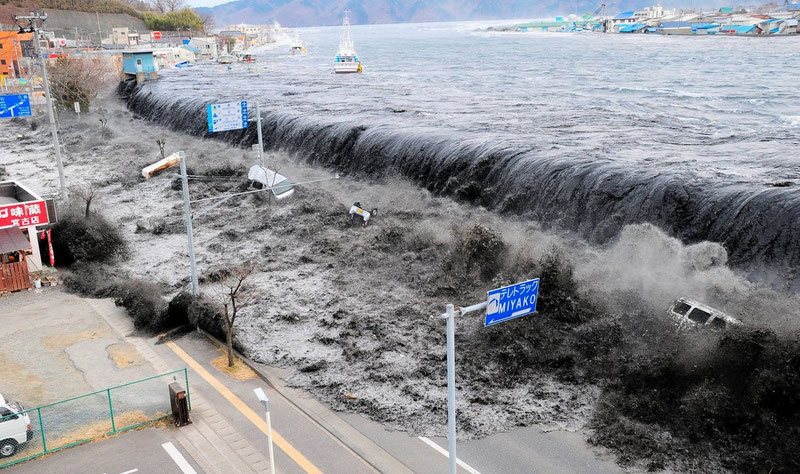According to last year's report by the World Meteorological Organization, approximately 150 extreme natural events of unprecedented strength and scope were recorded on the planet in 2024. These events were considered unparalleled — such phenomena had never been observed on Earth before. Experts emphasize that the main reason for such situations is the ongoing climate change.
According to Sergey Gulev, the director of the Ocean and Atmosphere Interaction Laboratory at the Institute of Oceanology, and academician of the Russian Academy of Sciences, in his opinion, as a result of human activity over the last 100–150 years, global warming has increased the average temperature by approximately 1.09 degrees compared to the pre-industrial era. At the same time, the temperature on the continents has risen by 1.54 degrees, and in the oceans by 0.88 degrees. This situation is related to the high heat capacity and inertia of the World Ocean.
The scientist notes that changes in mid and high latitudes, especially in the Arctic, are occurring at a very fast pace. Temperatures in these areas are rising much faster compared to regions closer to the equator. However, the warming is not limited only to an increase in temperature — it is also characterized by an increase in strong and extreme weather events.
He cited the year 2010 as an example. That year, an intense heatwave was recorded in the European part of Russia, with temperatures 7 degrees above the norm. At the same time, there were anomalously cold temperatures in Siberia and Pakistan, and Western Europe experienced severe flooding as a result of heavy rains.
Therefore, according to the expert's words, global warming is not just about a one-degree temperature increase in a century — it is a complex of serious climate changes ranging from hurricanes, rains, prolonged droughts to devastating floods.






